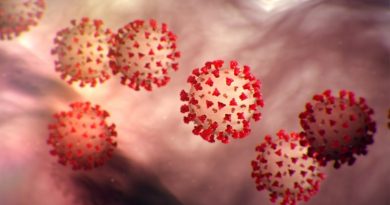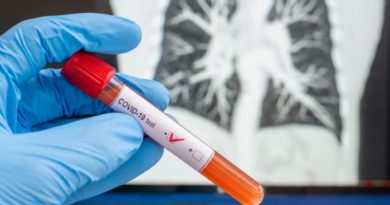WHO Raises Concerns for Ethiopia’s Public Health Needs
ADDIS ABABA – The World Health Organization (WHO) has raised concerns about escalating public health needs in Ethiopia.
More than 17 million people across the country are affected by a prolonged El Niño-induced drought, floods, and conflicts, according to the Humanitarian Response Plan 2023. The Somali, Afar, Oromia, Central Ethiopia, South Ethiopia, and Southwest regions are experiencing the most significant impact.
“The dire circumstances have triggered a surge in disease outbreaks, including cholera, malaria, measles, and dengue fever, along with alarming levels of acute malnutrition,” the UN health agency said in a statement today.
The displacement of millions of people has disrupted essential health and nutrition services, which the compounding factors of conflict, insecurity, and movement restrictions have exacerbated.
Over 5 million people in the Amhara and Tigray regions are affected by drought-like conditions leading to public health emergencies, escalating risks of negative coping strategies and malnutrition.
Over 1.5 million people across the country have been affected by heavy rains, floods, and landslides, according to a UN Coordination of Humanitarian Affairs (OCHA) report. The flooding of the Omo River in the South Omo Zone has led to the displacement of nearly 94,000 people.
The Somali region has been hit particularly hard, with over 1.1 million people affected by flooding, resulting in loss of lives, and damage to infrastructure, including health facilities and irrigation farms. Oromia and Afar regions have also experienced flooding, with thousands of people displaced.
The government and partner response capacities have been limited due to the multiple emergencies.
WHO Representative to Ethiopia, Dr Nonhlanhla Dlamini stressed the urgent need for collaboration between WHO, partners, and the government to address public health needs, namely disease outbreaks, malnutrition, water scarcity, and poor sanitation, noting that the floods hamper health response activities.
WHO says it is actively supporting the regional health and nutrition Clusters and drought Incident management system by deploying mobile health Teams, distributing emergency medical supplies, and providing technical support.
“Despite these efforts, health response to multiple emergencies still needs more funding,” the UN health agency said in the statement, adding that there is still a gap of $56 million.
“It is crucial to ensure that targeted people are reached,” it said, and appealed to the international community “to urgently support Ethiopia to address the ongoing public health crisis and alleviate the suffering of millions of people.”








